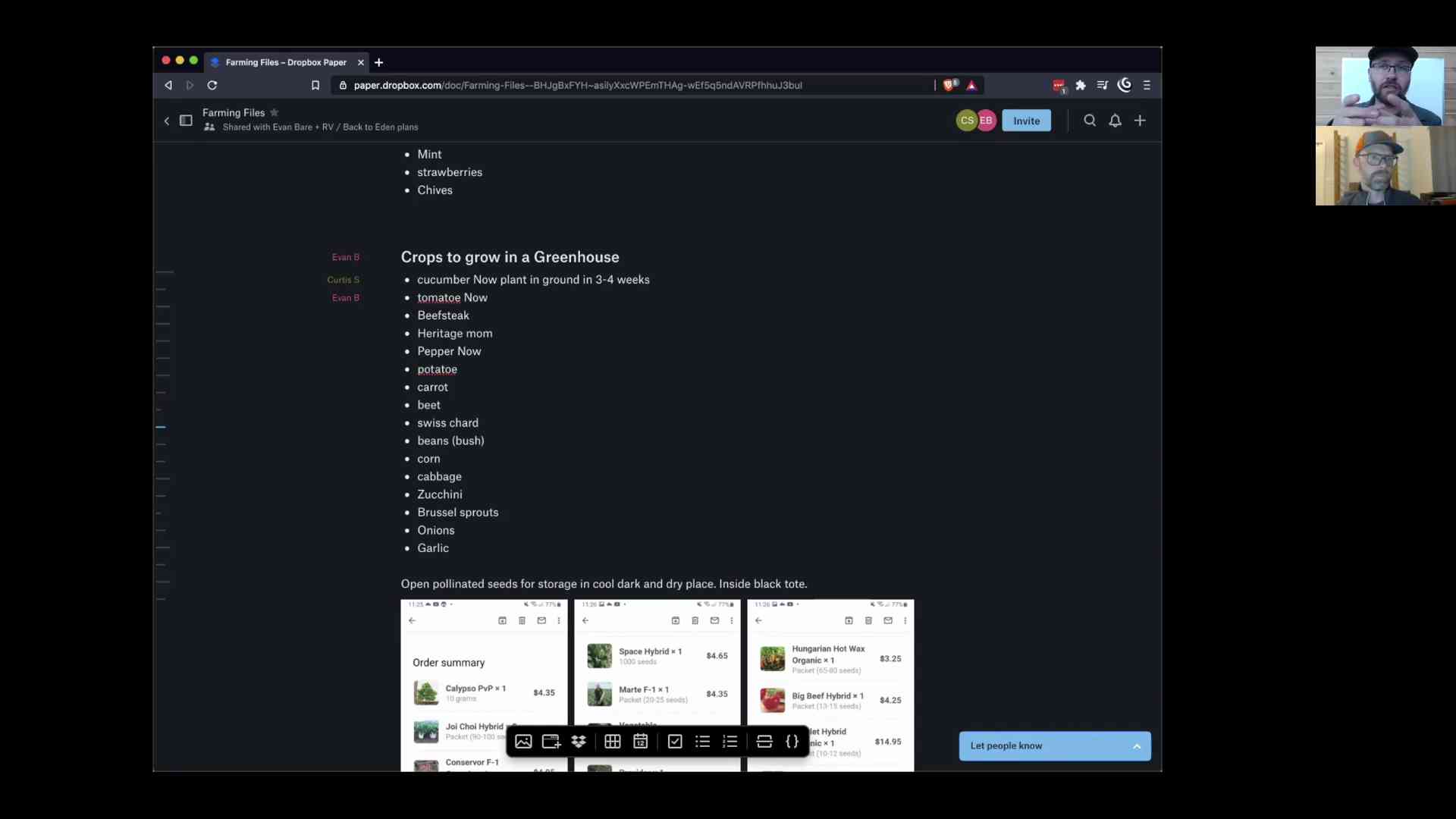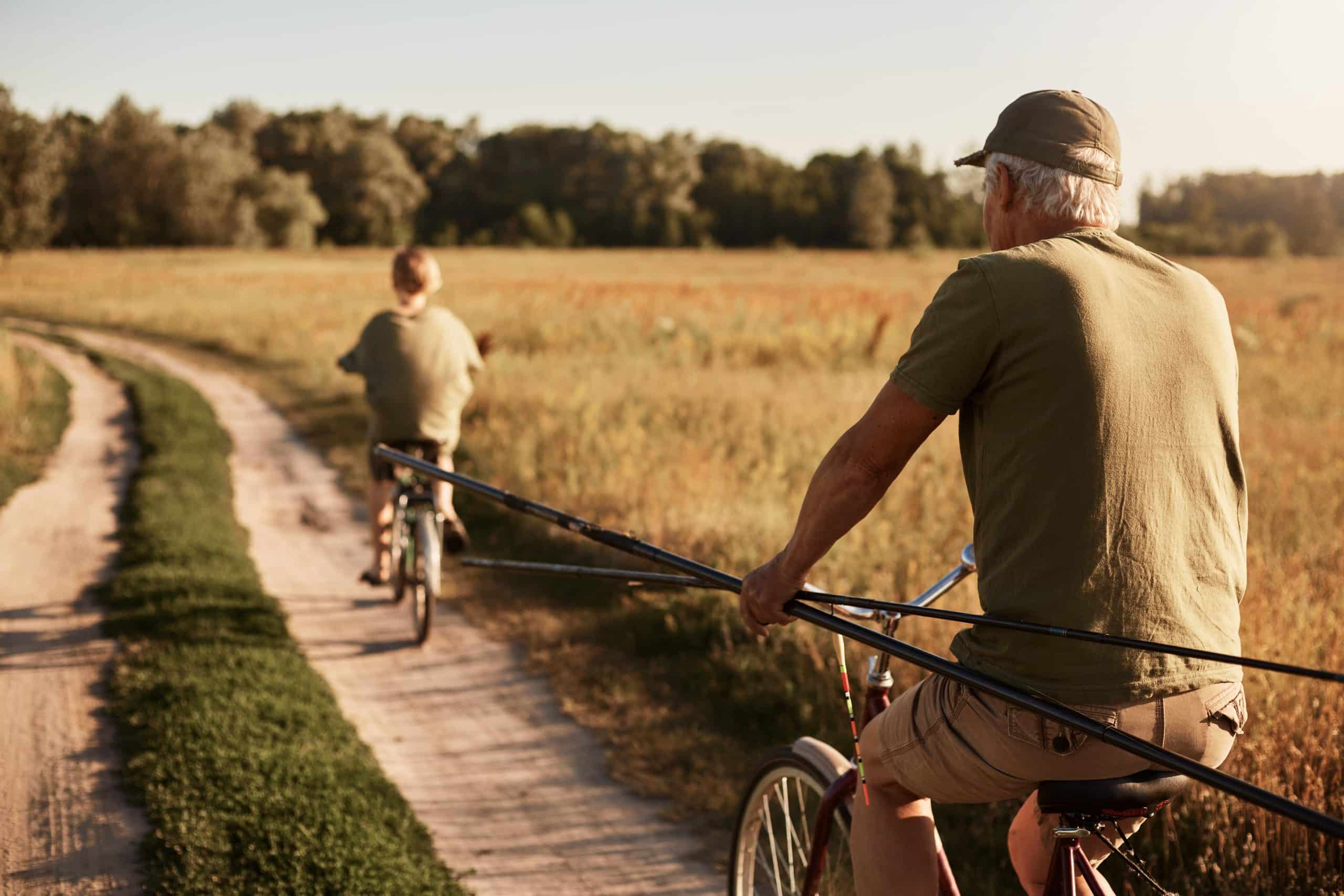Instagram, blessures, poursuites et agrotourisme : l’Ontario légifère – Ontario’s agritourism industry is booming, and Instagram is a key player. But with the rise of social media marketing comes new legal challenges. This guide explores the legal landscape for Ontario agritourism businesses using Instagram, covering everything from influencer marketing to liability for user-generated content. We’ll look at how Ontario law impacts what you can post, the risks of misleading ads, and how to protect your business from potential lawsuits.
Ontario’s new laws covering Instagram, injuries, lawsuits, and agritourism are pretty complex. It’s a whole different ball game than, say, the drama unfolding in a hockey match where, as reported in this article, Strikers fume at ‘ridiculous’ umpire error as Canes seal dramatic win. The key takeaway? Understanding these new Ontario regulations is crucial for both farmers and Instagrammers alike, to avoid potential legal pitfalls.
Get ready to learn how to navigate this exciting but potentially tricky terrain!
We’ll delve into the specifics of Ontario legislation, comparing it to other provinces and providing practical advice on managing your Instagram presence to minimize legal risks. We’ll cover best practices, checklists, and even explore hypothetical scenarios to illustrate potential pitfalls and solutions. By the end, you’ll have a clearer understanding of how to use Instagram effectively while safeguarding your business.
Ontario’s new laws tackling Instagram influencers, injuries, lawsuits, and agritourism are pretty intense, right? It’s a whole different ball game compared to securing tickets for the big match; you can check out the details for Liverpool v Lille Champions League tickets here: Liverpool v Lille: Champions League ticket details. Getting those tickets might be easier than navigating the legal complexities surrounding social media promotion of agritourism businesses in Ontario, though!
Instagram, Lawsuits, and Agritourism in Ontario
Ontario’s agritourism sector is booming, and Instagram plays a crucial role in its success. However, the use of social media platforms like Instagram also presents legal risks for businesses. This article examines the interplay between Instagram marketing, legal liabilities, and relevant Ontario legislation for agritourism businesses. We’ll explore best practices to minimize legal risks and ensure responsible social media engagement.
Instagram’s Role in Agritourism Promotion, Instagram, blessures, poursuites et agrotourisme : l’Ontario légifère

Ontario agritourism businesses leverage Instagram for marketing and customer engagement in several ways. High-quality visuals are key, showcasing the beauty of farms, the fun of activities, and the freshness of produce. Businesses utilize Instagram Stories for behind-the-scenes glimpses and interactive polls, fostering a sense of community. They run contests and giveaways to increase engagement and brand awareness.
Paid advertising campaigns target specific demographics interested in farm experiences.
Visual Elements in Successful Agritourism Instagram Accounts

Successful Ontario agritourism Instagram accounts employ a consistent visual style that reflects their brand. This often involves bright, natural lighting, showcasing vibrant colors of produce and landscapes. High-resolution photos and videos are essential, capturing the essence of the farm experience. Authenticity and storytelling are prioritized, showing real people enjoying the farm’s offerings.
| Instagram Account | Visual Style | Content Focus | Engagement Strategy |
|---|---|---|---|
| Hypothetical Farm A | Rustic, warm tones, focus on family fun | Farm activities, seasonal events, family portraits | User-generated content, contests, behind-the-scenes stories |
| Hypothetical Farm B | Clean, modern aesthetic, emphasis on fresh produce | High-quality images of produce, recipes, farm-to-table experiences | Collaborations with food bloggers, recipe demonstrations |
| Hypothetical Farm C | Adventure-focused, vibrant and action-packed | Outdoor activities, stunning landscapes, adventurous experiences | Influencer collaborations, highlight reels of exciting moments |
Influencer Marketing in Ontario Agritourism

Influencer marketing significantly boosts agritourism promotion on Instagram. A hypothetical campaign might target families with young children interested in outdoor activities. The campaign goals would include increased website traffic, ticket sales, and brand awareness. Success would be measured by engagement rates, website clicks, and sales conversions. An influencer with a strong family-oriented following could create engaging content showcasing a farm’s activities, such as a pumpkin patch visit or a petting zoo experience.
This would be paired with a unique discount code for followers.
Legal Liabilities and Risks
Using Instagram for agritourism involves several legal risks. Copyright infringement from using unauthorized images, misleading advertising claims about products or services, and violating customer privacy are significant concerns. Failing to obtain consent for using customer photos can lead to legal issues.
Importance of Disclaimers and Safety Warnings
Clear disclaimers and safety warnings on Instagram posts are crucial for mitigating liability. These should be prominent and easily understandable. Examples include:
- Farm Tours: “Please wear appropriate footwear. Some areas may be uneven. Children must be supervised at all times.”
- Pumpkin Patches: “Please stay on marked paths. Watch out for uneven terrain and pumpkins on the ground.”
- Petting Zoos: “Wash your hands before and after interacting with animals. Do not feed the animals without permission from staff.”
Implications of User-Generated Content (UGC)
User-generated content (UGC) presents both opportunities and challenges. While UGC boosts engagement, businesses must ensure it doesn’t contain defamatory statements or infringe on copyright. A clear UGC policy outlining guidelines and limitations is essential. The business may need to monitor UGC and remove any content violating their policy or creating liability.
Ontario Legislation and its Impact: Instagram, Blessures, Poursuites Et Agrotourisme : L’Ontario Légifère
Ontario’s Consumer Protection Act and other relevant legislation impact how agritourism businesses use Instagram. These laws address misleading advertising, privacy concerns, and consumer protection. Businesses must ensure all information shared on Instagram is accurate and truthful.
Comparison of Legal Requirements Across Provinces
| Province | Image/Video Posting Regulations | Consumer Protection Regulations |
|---|---|---|
| Ontario | Adherence to Consumer Protection Act, Copyright Act | Accurate representation of services, clear disclaimers |
| British Columbia | Similar to Ontario, with emphasis on truth in advertising | Strong emphasis on fair business practices |
| Quebec | French language requirements for content targeted at Quebec residents | Specific regulations concerning advertising practices |
Consumer Protection Related to Information on Instagram
Ontario’s legislation emphasizes accurate and transparent information to protect consumers. False or misleading advertising about agritourism services on Instagram is prohibited. Businesses must clearly disclose any potential risks or limitations associated with their offerings.
Case Studies: Lawsuits and Incidents

A hypothetical lawsuit might involve a farm falsely advertising a “petting zoo experience” on Instagram, showing images of various animals, when only a few docile animals were actually present. This could lead to a lawsuit for misleading advertising and breach of contract. The legal arguments would center on the accuracy of the advertising and the customer’s expectation versus reality.
The outcome could involve compensation to the customer and reputational damage to the farm.
Ontario’s new laws regarding Instagram, injuries, lawsuits, and agrotourism are pretty complex. It’s a whole different ball game compared to figuring out Champions League tickets, like securing your seats for the upcoming Liverpool v Lille match – check out the ticket details here: Liverpool v Lille: Champions League ticket details. Back to Ontario’s legislation, understanding the implications for social media influencers and farms is key to avoiding future problems.
Potential Safety Issues and Legal Action
An Instagram post showing children unsupervised near farm equipment could lead to legal action if an accident occurred. A post depicting unsafe practices, such as allowing children to interact with aggressive animals, could result in lawsuits for negligence. Poorly maintained facilities shown on Instagram could also lead to liability if injuries occur.
Public Relations Strategy for Negative Publicity
A hypothetical public relations strategy for a farm facing negative publicity due to an Instagram post would involve prompt acknowledgement of the issue, sincere apologies, and a detailed explanation of corrective actions. The farm might offer refunds or compensation to affected customers and review its social media policies. Transparency and proactive communication are essential in mitigating reputational damage.
Best Practices for Minimizing Legal Risks
To minimize legal risks, Ontario agritourism businesses should adopt several best practices:
- Obtain permission before using customer photos.
- Use high-quality, accurate images and videos.
- Clearly disclose potential risks and limitations.
- Implement a social media policy.
- Regularly review and update content.
- Respond promptly to comments and concerns.
- Ensure compliance with all relevant legislation.
Pre-Posting Checklist
Before posting, businesses should review this checklist:
- Is the content accurate and truthful?
- Are all necessary disclaimers and warnings included?
- Have I obtained permission for any copyrighted material or customer photos?
- Does the content comply with our social media policy and relevant legislation?
Implementing a Social Media Policy
A comprehensive social media policy Artikels acceptable content, guidelines for engagement, and procedures for handling negative comments or crises. It should clearly define roles and responsibilities for managing social media accounts and address legal and ethical considerations.
Last Word
Successfully using Instagram to promote your Ontario agritourism business requires a delicate balance between engaging content and legal compliance. By understanding the legal implications, implementing best practices, and staying informed about relevant legislation, you can harness the power of social media while mitigating potential risks. Remember, proactive planning and a well-defined social media strategy are your best defenses against costly mistakes.
So, get posting—responsibly!
Key Questions Answered
What types of insurance should Ontario agritourism businesses consider in relation to their Instagram presence?
Businesses should explore general liability insurance, product liability insurance (if selling products online), and potentially professional liability insurance to cover potential legal issues arising from their social media activities.
How often should an agritourism business review and update its social media policy?
At least annually, or more frequently if there are significant changes in legislation, company practices, or social media platforms.
Can I use photos from other Instagram users in my agritourism marketing without permission?
No. Always obtain permission before using any photos or videos that aren’t your own. Copyright infringement can lead to legal action.
What should I do if I receive a negative review or comment on my Instagram page?
Respond professionally and promptly, acknowledging the concern and offering a solution if possible. Don’t delete negative comments, but avoid engaging in arguments.